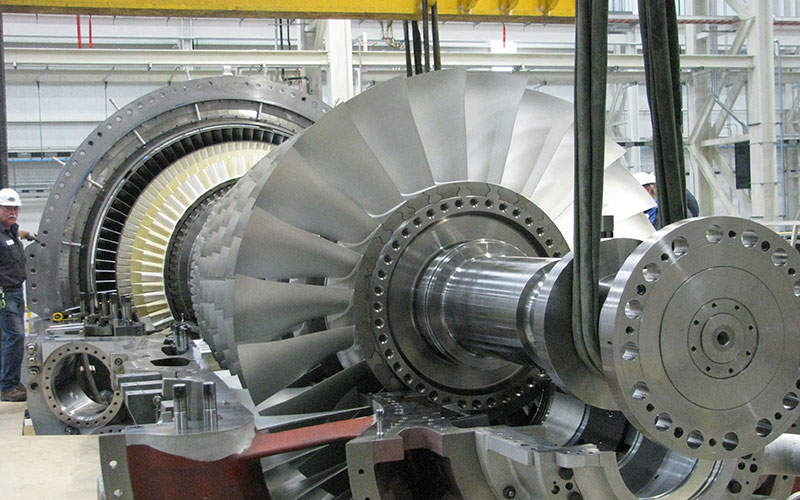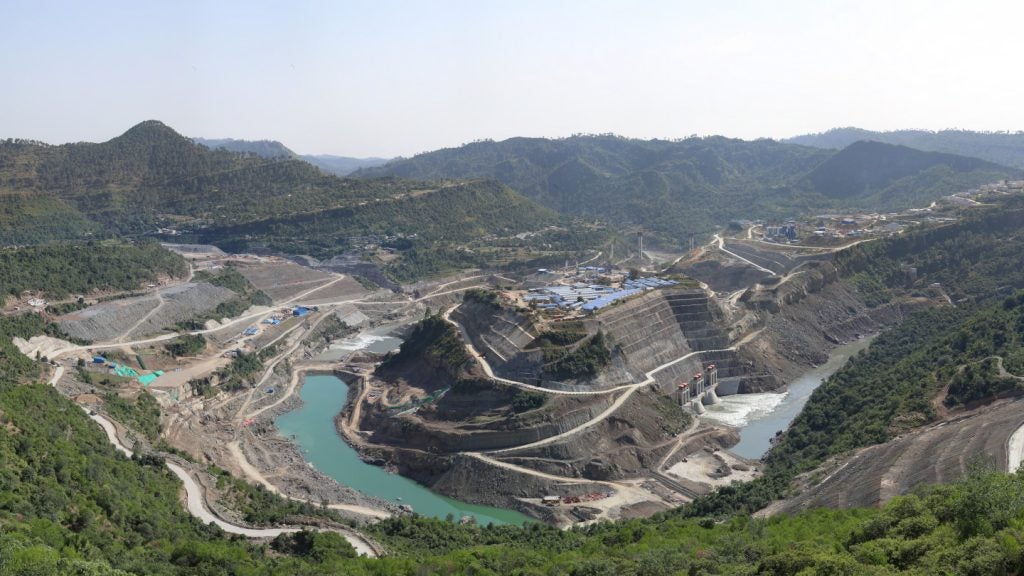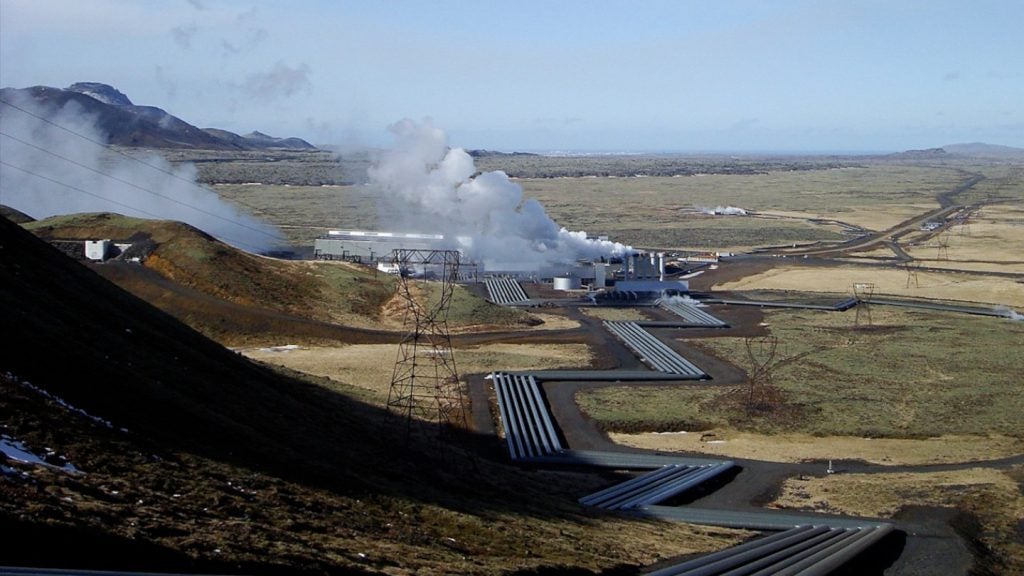The PSEG Keys Energy Center is a natural gas fired, combined-cycle power plant proposed to be constructed in Prince George’s County, approximately 1.25 miles (2km) east of Brandywine, Maryland, US. The 755MW project is expected to require an investment between $825m and $875m.
PSEG Power subsidiary PSEG Fossil acquired the project from Ares EIF Group and Genesis Power in June 2015. The project is being developed on a site, measuring roughly 180 acres, that was previously used for sand and gravel mining operations. The project facilities will cover an area of approximately 30 acres. The site preparation works for the project started in November 2015, and the power plant operations are anticipated to begin in 2018.
Benefits from the combined-cycle power plant in Maryland
The electrical output from the project will be capable of serving approximately 500,000 homes. It will replace the output from the existing coal-fired power plants in the area, which are set to be decommissioned in the next few years, and help the State of Maryland to reduce electricity import.
The combined-cycle power project is expected to generate approximately 700 construction jobs and 20 full-time jobs when it starts operation. It is designed to operate for approximately 40 years.
PSEG Keys Energy Center make-up
Siemens has been contracted to supply the project with two SGT6-5000F gas turbines, an SST-5000 steam turbine, two air-cooled SGen-1000A generators and associated turbine instrumentation and control (I&C) systems. The generators are proposed to be constructed at Siemens’ Charlotte Energy Hub in North Carolina, US.
Nitrogen oxide (NOx) emissions from the plant will be reduced as a result of the installation of low nitrogen oxide (NOx) combustors and a selective catalytic reduction (SCR) system. An oxidation catalyst will be used to reduce carbon monoxide (CO) emissions, while air-cooled condensers will be used to recycle water for cooling purposes and an air fin-fan cooler (radiator) will be installed for cooling the equipment.
Grid connection
The output from the project will be conveyed to the national grid via the neighbouring Potomac Electric Power Company’s (PEPCO)/PJM 500kV power transmission line, located on the western part of the project site.
An associated 500kV substation and switchyard will be constructed at the site to facilitate the interconnection.
Natural gas supply for the combined-cycle power plant
The natural gas for the project will be sourced from the Dominion Cove Point Pipeline, located approximately 7.5 miles (12km) south of the project site, via a new 20in-diameter underground steel pipeline. The connecting pipeline, integrating a gas metering facility, line isolation valves and pressure relief valves, will be remotely operated from the project site.
PSEG Keys Energy Center construction details
The site preparation works for the project started in November 2015, the construction of the underground gas supply line using the open trenching and horizontal directional drilling methods started in December 2015 and preparation of the PEPCO switchyard area started in January 2016. The construction of the gas supply line is scheduled for completion in October 2016.
Other ancillary works will include the construction of a 12in-diameter potable water pipeline, a 1.5-mile (2km) long sewer line, water treatment facility, aqueous ammonia unloading area, 25,000gal double-wall storage tank, administrative building as well as warehouse and installation of a diesel-driven fire water pump engine.
Contractors involved with PSEG Fossil’s power project
SNC-Lavalin is the engineering, procurement and construction (EPC) contractor for the project. Concord Engineering is the owner’s engineer for the project.










